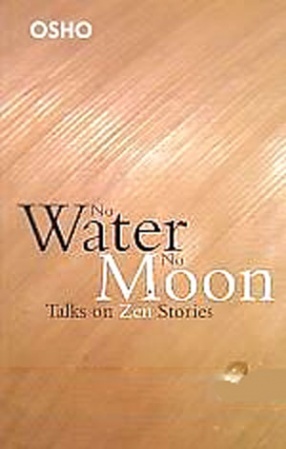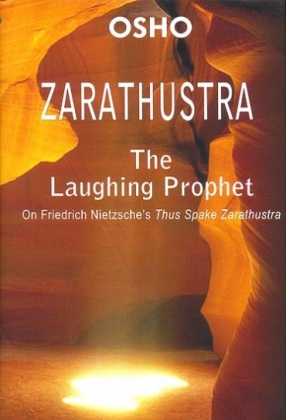
Osho Media International

32 books

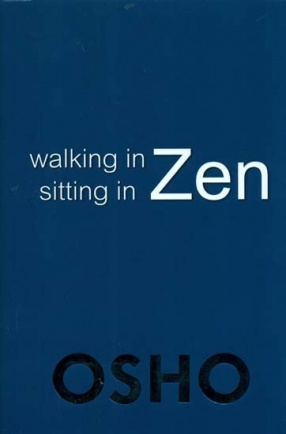
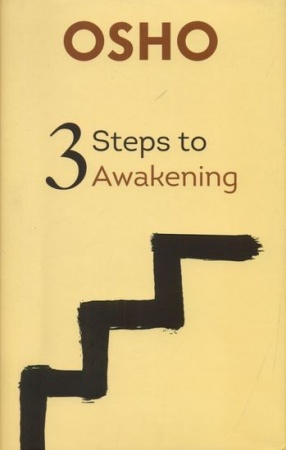
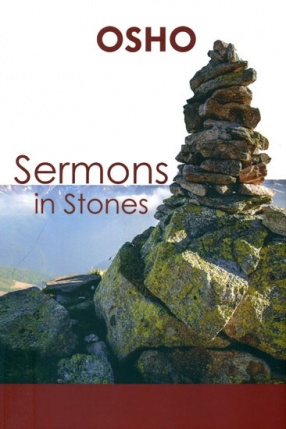
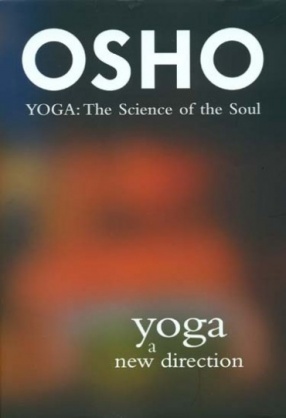
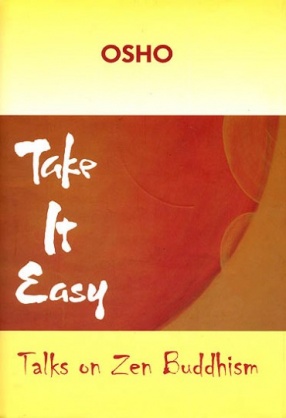
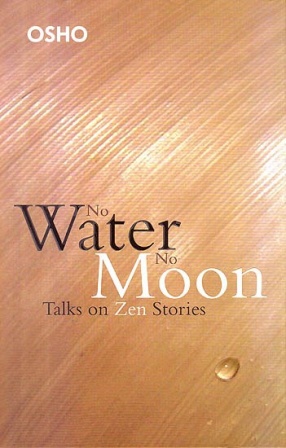
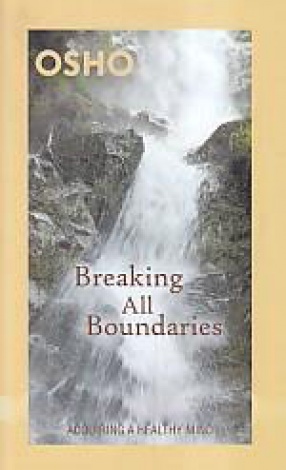
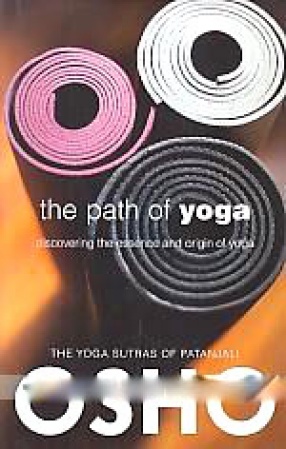

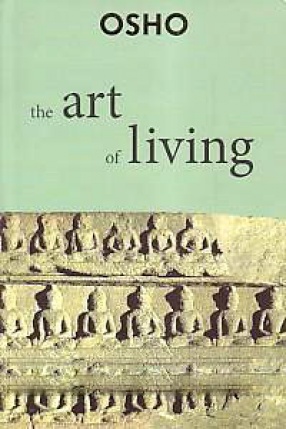
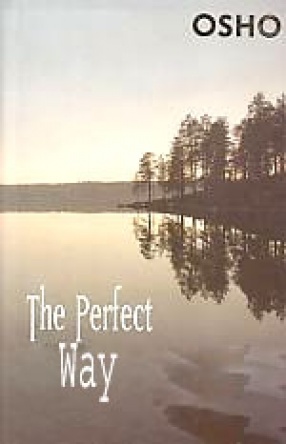

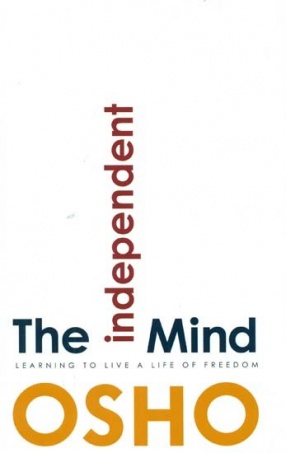
Day in day out, everyone’s mind is full of thoughts. But where do they come from? Are they independent thoughts or are they concepts and doctrines borrowed from other people? Have they been assimilated from parents or teachers? From religious or political leaders?

In the talks, Osho goes directly to the essentials of living. He discusses the meaning of truth, giving step-by-step keys to transforming your inner and outer life. Meditation is the means, and if you see yourself as you really are, conditioning can be swept away. Osho is a master of the Eastern tradition of storytelling and draws on a rich storehouse of parables and stories, bringing ancient wisdom alive for a modern audience. He uncovers a path that being with ...

The Chinese master Yoka Daishi was said to have been in a state of perfect repose while walking, standing, sitting, and lying down. According to legend he attained complete realization in one night, and was called “master of the enlightenment attained in one night”.
Osho describes Yoke as a Zen master of great skill; his words being tremendously beautiful, yet uncompromising. His deep respect and compassion for the individual is such that he wants you ...

Many people today are stressed and anxious, feeling unfulfilled by their work and relationships. In Three Steps to Awakening. Osho describes with immense clarity how to bring transforming meaningfulness into day-to-day life. With three simple steps, he show the way to awaken and expand consciousness to the full, and live of gratefulness and bliss.
"There are only three steps: freedom of consciousness, simplicity of mind, and emptiness of mind. One who ...

Osho does not provide a code or morality to live by. This book contains no discipline on how to live one's life. It demonstrates that if man regains the sensitivity and intelligence that he is born with, he has no need for anyone to tell him the way. He can allow life itself to be his master: available to existence, and even to the silent sermons in the stones.
Osho succeeds in putting the wordless into words. From his mystic viewpoint, such clarity is possible ...

Step by step, Osho explains what he calls “the central teaching of Patanjali”- a path of eight steps that leads finally to transformation. There are no rules to be following; this isn’t a new system of beliefs or a new religion. Patanjali’s approach is all-encompassing, covering the exercise and breathing technique that are now an established part of contemporary wellness and holistic living techniques, but also the science of yoga. Osho ...
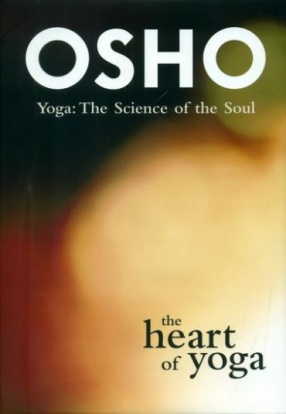
The practice of Yoga is now being widely embraced by the West in an endless range of evolving formats, particularly with added movement components. It is therefore very timey that Osho with his razor-sharp insight, respect, and compassion for the individual brings a wider understanding of the potential benefits of Yoga for contemporary people n these talks on the Yoga Sutras of Patanjali.
Patanjali lived around 400BC and although Yoga was already in existence, he ...
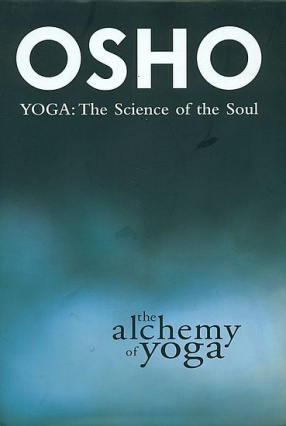
Although born more than four thousand years ago, Patanjali remains contemporary- yoga has becomes part’s natural healthy lifestyle. His Yoga sutras form the bedrock of the logical approach to human development and his approach appears in therapeutic methods such as Primal Therapy.
Patanjali is the first person to apply scientific ides to the possibility of raising life energy to their energy to higher levels. And with the current renaissance of interest in ...
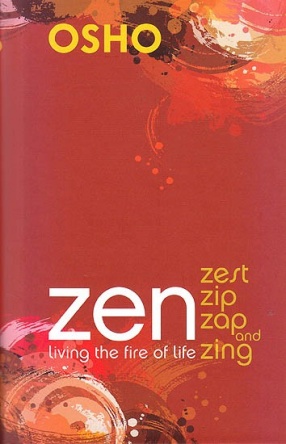
Osho responds to questions on everything from a child’s right to privacy to the purpose of Life. but as he answers each question. he keeps nudging the reader back to the essential point of Zen: living here and now with total awareness.
Questioners concerns are always addressed, but at the same time Osho skillfully shows us how these very preoccupations can keep us from simply being ourselves. When it comes to responding to academic or pseudo-spiritual ...

In these delightful and playful talks, available for the first time in one volume, Osho introduces the mystery, the wonder, and the emptiness that in Zen. He uses the poetry of one of the most outrageous Zen masters, lkkyu, to show the ways and methods a Zen master uses to permanently transform, rather than simply inform.
Osho and lkkyu’s whole message is about how to experience the essence of emptiness: that blissful state of no-mind where all old ...
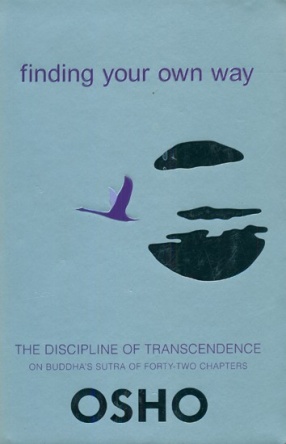
Remove Buddha and something of tremendous importance would have been lost, but his rebellion is very invisible, very subtle.
Before Buddha, the search, the religious search, was fundamentally a concern with God - a God who is outside, a God who is somewhere above in the heavens. The religious search was as concerned with an object of desire as the worldly search. The worldly man sought money, power, prestige, and the otherworldly man was seeking God, heaven, ...
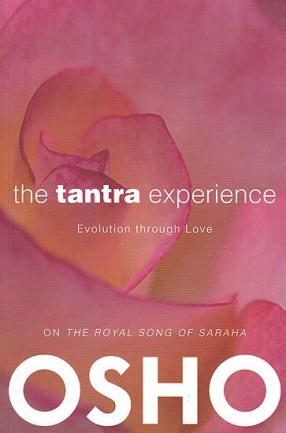
This life is a gift from existence, to be lived and enjoyed. But with the seemingly impossible and conflicting demands of society, morality and culture, people struggle with feelings of unfulfilled potential, frustration and guilt, rather than living full lives.
This uplifting book gives a taste of Osho’s life-affirmative, accepting, and far-reaching wisdom when commenting on The Royal Song of Saraha.
Saraha was an 8th century Indian sage who left his ...

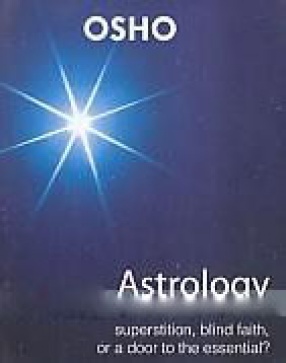




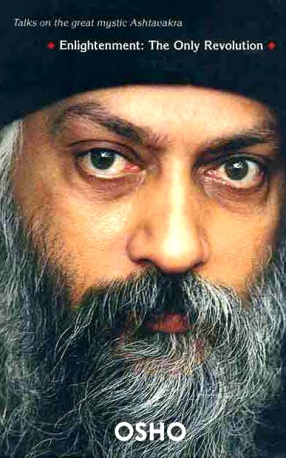
"Man has many scriptures, but none are comparable to the Gita of Ashtavakra. Before it the Vedas pale, the Upanishads are a mere whisper. Even the Bhagavadgita does not have the majesty found in the Ashtavakra Samhita-it is simply unparalleled. The most important thing is that neither society, nor politics, nor any other institution of human life had any influence on the statements of Ashtavakra. There are no other statements anywhere that are so pure, ...
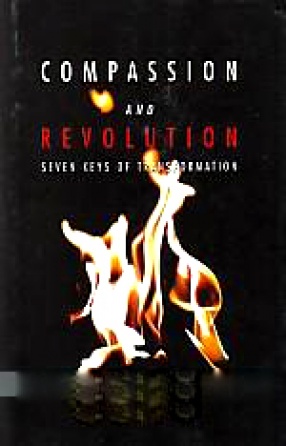


Osho answers fundamental questions about what meditation is, and how we can begin and sustain it in our lives. He does this with precision, thoroughness, humor, and compassion. Here is someone who knows, but who also knows how to convey what he knows. His genius in full flight, he points us as far as one can with words toward the inner world of the self, toward the zone of silence. “When there are no thoughts, it is then that we come to know the one hidden ...
